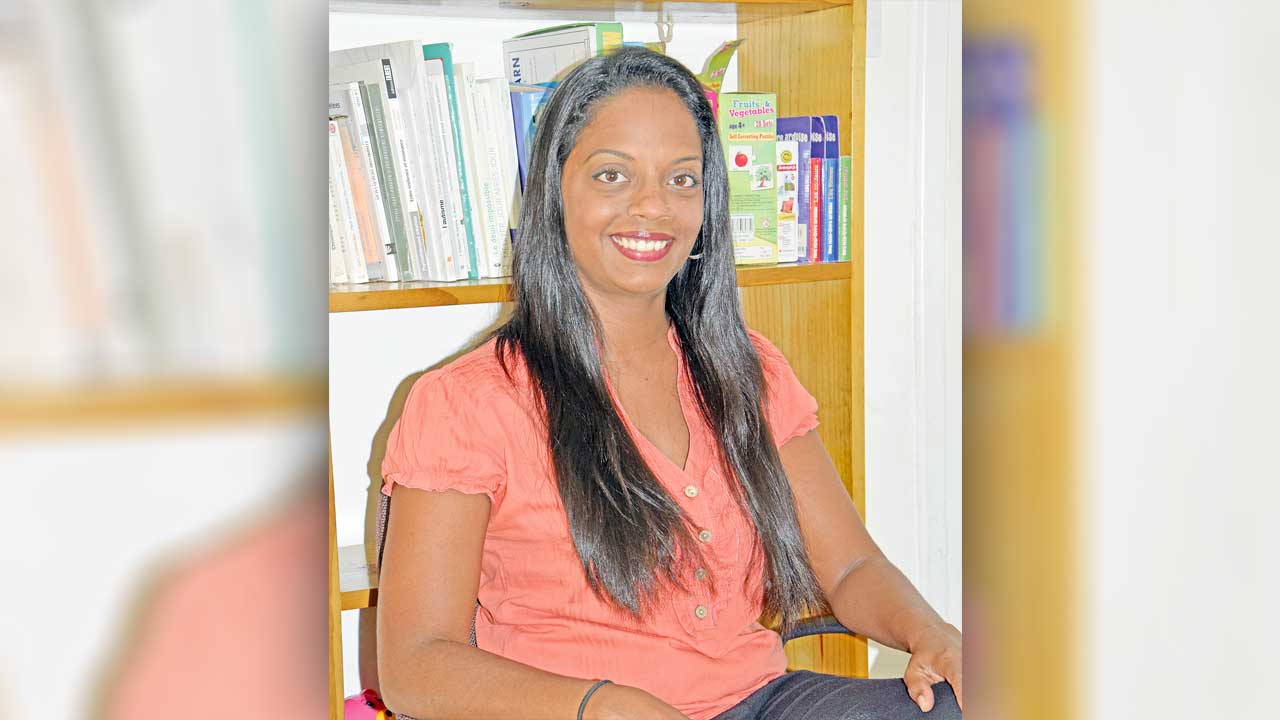
Pascale I. Bodet, Clinical Psychologist and Certified Trainer, explains orthorexia, which is defined as an eating behaviour in which the person becomes obsessed with eating pure, healthy and right quality of food to improve health.
Are there Mauritians living with this disorder?
It is important to note that orthorexia is not recognised as a disease or an eating disorder by the Diagnostic and Statistical Manual of Mental Disorders (DSM V) of American Psychiatric Association. It is rather an unhealthy obsession with eating healthy food. As such, it seems that there are Mauritians with this excessive fixation even though the term itself is not widely spread here.
Could you tell us about the difference between anorexia, bulimia and orthorexia?
People suffering from anorexia and bulimia are mostly focused on food quantity and resulting weight issues. In orthorexia, the person’s concern is the quality of the food they eat. They develop a number of rules and restrictions in their eating habits which may lead to malnutrition and at times isolation.
We know the term orthorexia but then, why is it not yet recognised as a clinical diagnosis?
To be recognised as a specific eating disorder, it needs to be assessed scientifically and for the time being, there is not enough scientific evidence to consider orthorexia as a unique pathology. It is currently described as a variant of existing eating disorder or a symptom associated with obsessive compulsive disorder, depression or anxiety. Some health practitioners also prefer to consider orthorexia as a risk factor for future eating disorders
What may be the factors leading to orthorexia?
In our modern developed societies, consciousness about eating healthily has been raised. When people can afford to do so, they go for the most nutritious food free from pesticides, herbicides and artificial additives. They prefer non-processed food to avoid excessive salt, sugar and fats etc. This does not mean they suffer from an obsession or eating disorder. It is in extreme cases that the eating behaviour might be qualified as orthorexia. For example, spending hours planning your meals, avoiding gatherings with friends and family because of the quality of food that will be available, putting rules and restrictions above taste and pleasure in eating. Becoming too controlling and feeling anxious, guilty when straying from the “perfect diet”.
What does orthorexia reveal about the person’s psychological state?
Orthorexia may reveal that the person suffers from anxiety and is specifically anxious about her/his health. The person might have developed orthorexic compulsions to maintain an illusion of complete control over his/her health and therefore to escape from fears. Orthorexia may also be seen as a means to improve self-esteem - the dietary prowess making the person feel a better person and above others. In some cases, orthorexia is linked to spirituality - the search for purity through food intake. The person sees some kind of food as evil. They seek dietary perfection to feel pure.
Is orthorexia dangerous?
The danger is that orthorexics become too restrictive, both in variety of food and in amount of food intake. Eventually the health is affected because of malnutrition. This is a paradox as the person is supposedly fixated on healthy eating. Orthorexia has also an effect on lifestyle and impairs relationships. The excessive restrictions make it difficult for orthorexics to eat food prepared by anyone other than themselves. This affects their ability to socialise and eventually leads to isolation.
How can psychotherapy help a person to recover?
The person can recover first by becoming aware of her/his self-destructive beliefs about food. Yes, food is important, and yes quality of food affects our health but life is not all about food. They are led to discover again that life and their identity has a much broader definition. They can find new healthy ways to deal with their anxiety and self-esteem issues. Sometimes, they might discover that orthorexia was keeping them focused away from an underlying issue which is more important such as grief or trauma. Accepting to deal with this issue will allow them to reclaim their freedom.
Pascale Bodet can be contacted on 57 50 66 17
 J'aime
J'aime














